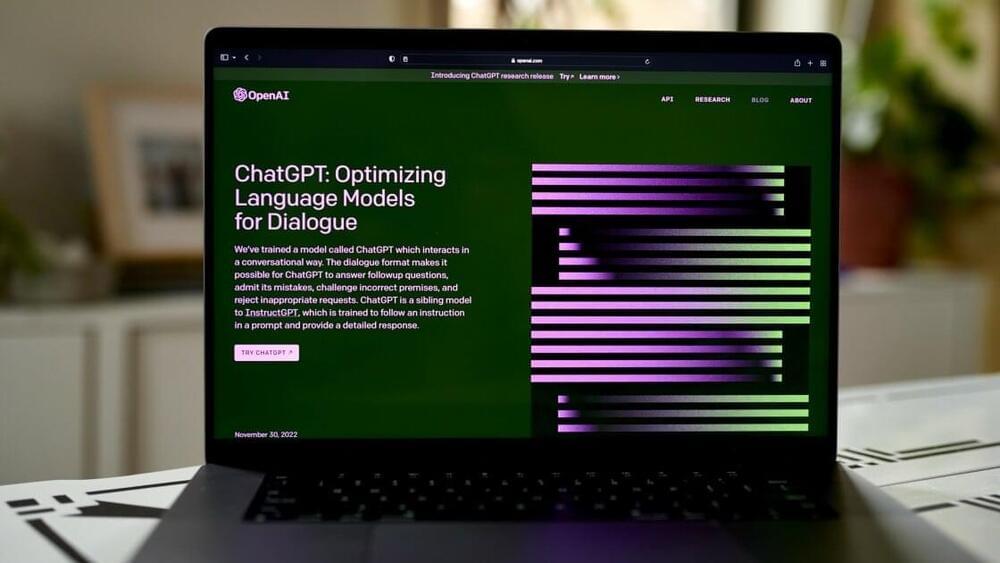Juan Andres Guerrero-Saade’s speciality is picking apart malicious software to see how it attacks computers.
It’s a relatively obscure cybersecurity field, which is why last month he hosted a weeklong seminar at Johns Hopkins University where he taught students the complicated practice of reverse engineering malware.
Several of the students had little to no coding background, but he was confident a new tool would make it less of a challenge: He told the students to sign up for ChatGPT.
“Programming languages are languages,” Guerrero-Saade, an adjunct lecturer at Johns Hopkins, said, referring to what the ChatGPT software does. “So it has become an amazing tool for prototyping things, for getting very quick, boilerplate code.”
YouTube and TikTok are already rife with videos of people showing how they’ve found ways to have ChatGPT perform tasks that once required a hefty dose of coding ability.







